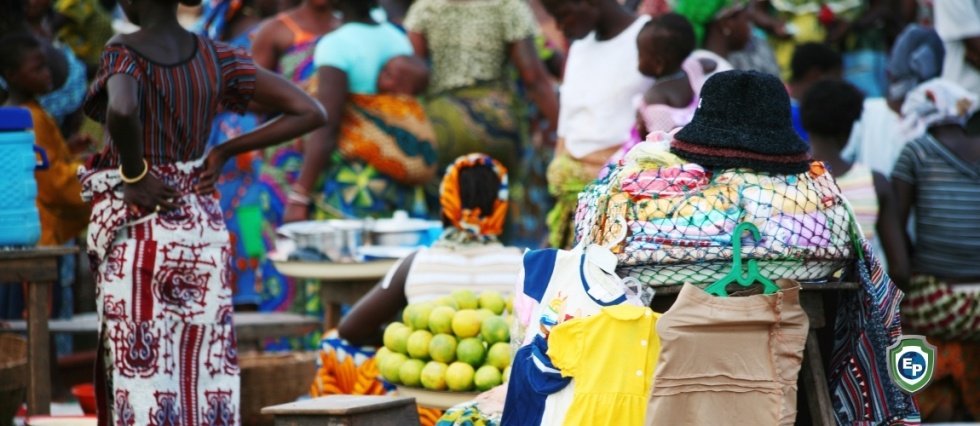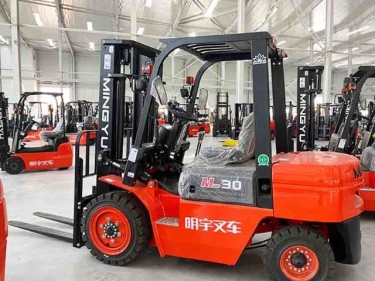EU Parliament Votes in Favor of New Trade Deal with Africa
The European Parliament has approved a new report urging the renewal of trade relations with Africa as well as more equitable trade deals between Africa and the EU. Come read our blog to learn more about the relationship between the two.

The European Parliament has voted on a new report calling for the renewal of trade relations with Africa. The report, which calls for fairer trade deals between Africa and the European Union (EU) under current bilateral agreements, is now being considered by the European Commission (EC) before a resolution is issued.
The Trade Agreements between the EU and Africa
Trade between the EU and Africa was €280 billion in 2019. The EU is Africa's largest trading partner, while Africa is the EU's fourth largest trading partner. The EU bloc primarily trades under bilateral agreements with each nation. Through these agreements, 90 percent of African goods enter the union without import duties.
The EU has Economic Partnership Agreements (EPAs) with 14 countries in Sub-Saharan Africa (namely, Botswana, Cameroon, Comoros, Côte d'Ivoire, Eswatini, Ghana, Lesotho, Madagascar, Mauritius, Mozambique, Namibia, Seychelles, South Africa, and Zimbabwe) and Association Agreements (AAs) with four countries in North Africa (namely, Algeria, Egypt, Morocco, and Tunisia). Additionally, 34 African nations are part of the EU's General Scheme of Preferences – Everything but Arms (GSP/EBA).

Unfair Trade
The agreements treat the EU and its African counterparts as equals when they are not. It imposes import standards and processes that African countries can't match. So despite their goods being duty-free, they experience other forms of barriers.
Nigeria's president, Muhammadu Buhari, lamented the subsidies the EU gives its farmers. He argued that the subsidies make African agricultural exports uncompetitive. He noted that the $50 billion the EU pours into subsidies makes their products artificially cheap. He further explained that the EPAs prematurely liberalized trade before African nations could set up vital industries. Without protection, it isn't profitable to set up industries in Africa, which results in the continent losing investment and jobs.
Africa's lack of development profoundly impacts the EU's economy and social structure, most notably through illegal immigration. Without economic or job prospects at home, Africans will continue to make the perilous journey to the EU. Africa has signed a free trade agreement for all nations on the continent, the African Continental Free Trade Area (AfCFTA), in hopes of improving its economic performance and giving it more clout in global affairs.
Stay Tuned with Export Portal
Export Portal isn’t just your go-to export trade website. We provide our users with the latest news in global trade, so you stay informed. Subscribe to our newsletter today to stay up-to-date!


















Comments 0